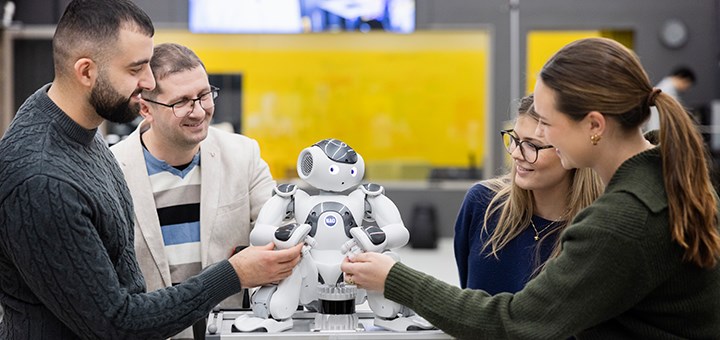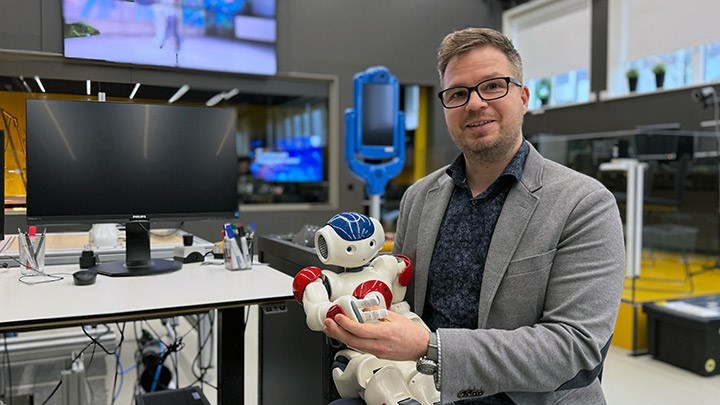Specific entry requirements
A first-cycle degree of at least 180 credits, with computer science or engineering field as the main field of study, 30 credits in mathematics and 15 credits in programming, including data structures and algorithms. In addition, knowledge of English corresponding to the course "English 6" or "English level 2" from the Swedish Upper Secondary School is required.
Tuition fees
EU citizens
If you have citizenship in a European Union (EU) or European Economic Area (EEA) country, or Switzerland, you are NOT required to pay application or tuition fees.
Non - EU citizens
Tuition fee, first instalment: 68892 SEK
Total fee: 275568 SEK
The Master of Science Programme in Artificial Intelligence, Human-Machine Interaction, and Social Robotics Applied to Global Health is a two-year programme that equips you with the knowledge and tools to contribute to technical solutions to global health challenges. After completing the programme, you will be qualified to work as AI specialist in health data analysis or as a systems engineer in healthcare technology. As the programme includes courses in social robotics, you will also be able to work on developing interactive robots for clinical and home-based care or work as a researcher or developer in international public health initiatives that integrate AI and robotics.
Your studies will include courses in mathematics, ethics, machine learning and social robotics, among other things. The programme has a global health perspective and, as it is a joint programme between several European universities, you will also gain an international perspective on your education.
This programme is a joint master's between three European universities, which gives you international experiences and networking opportunities, and prepares you for an international career. During the second semester of the programme, you will go on an exchange to the University of Suceava in Romania and study courses in human-AI interaction. During the third semester, all students from the three different universities gather at Örebro University for a semester in social robotics, an area in which Örebro University has strong research, and where the researchers are your teachers. During the final semester, you will complete your degree project, either linked to a company or to one of the university's research projects. The degree project can be done at one of our partner universities for further international experience.
Programme syllabus Master's Programme in AI, Human-Machine Interaction and Social Robotics Applied to Global Health, 120 credits


